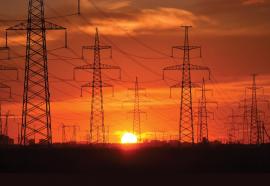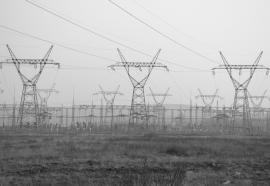Digest
Abengoa and BrightSource Energy agreed to jointly develop, build, and operate what the companies say will be the world’s two largest solar power towers. GE began operating a prototype of what it calls the world’s most efficient high-output wind turbine. Hawaiian Electric Co. dedicated the new 5-MW Kalaeloa solar farm in West Oahu, Hawaii. And more...









